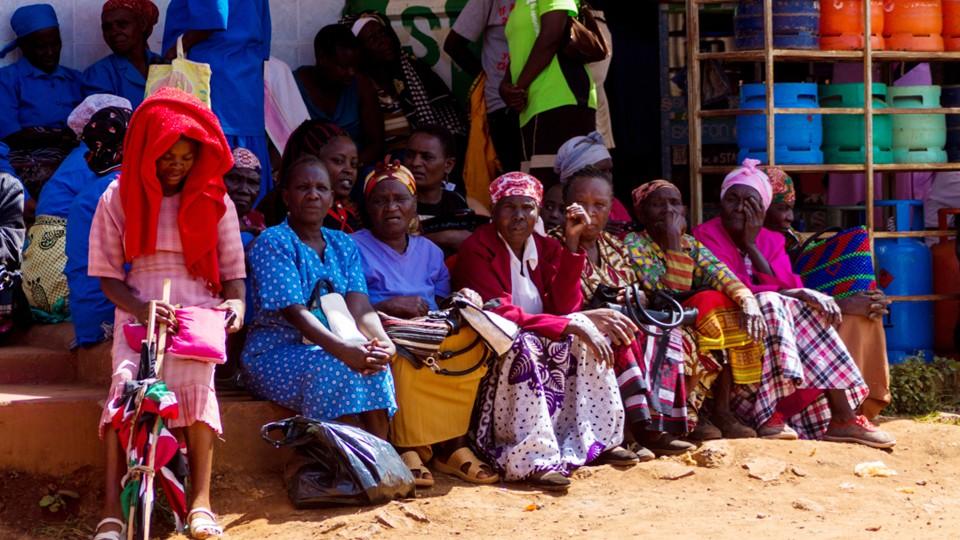UK gets early access to Roche’s breast cancer immunotherapy

Hard on the heels of an FDA approval for Roche’s Tecentriq and Celgene’s Abraxane for triple-negative breast cancer (TNBC), the regimen has been cleared for early access in the UK.
The green light means adult patients with PD-L1 positive, unresectable locally advanced or metastatic TNBC will be able to get treatment with PD-L1 inhibitor Tecentriq (atezolizumab) and chemotherapy Abraxane (nab-paclitaxel) under the early access to medicines scheme (EAMS), ahead of EU approval.
The Medicines and Healthcare products Regulatory Agency (MHRA) positive opinion applies to patients whose tumours have PD-L1 expression of 1% or more, and who have not received prior chemotherapy for metastatic disease, says the regulator.
The decision is good news for what Roche says is a “small proportion” of UK patients with TNBC, an aggressive form of the disease which accounts for around 15% of all breast cancer cases.
“People with TNBC currently have poor clinical outcomes and treatments are limited, with chemotherapy being the main therapeutic option,” says Lesley Hugo, breast cancer franchise lead at Roche Products Ltd.
“Roche has worked closely with healthcare bodies to deliver access for patients to the innovative medicine atezolizumab as quickly as possible.”
The MHRA says in its opinion that patients with TNBC that has progressed to advanced stage disease, in other words where it is locally inoperable or has spread to other parts of the body, the cancer is usually poorly responsive to chemotherapy and patient survival is a matter of months.
“The addition of atezolizumab to nab-paclitaxel chemotherapy has been shown to notably slow the progression of cancer and increase patient survival despite worse tolerability than chemotherapy alone,” it notes.
The EU is currently reviewing an application for Tecentriq plus Abraxane based on the IMpassion130 trial, which showed that Tecentriq and Abraxane as a first-line treatment significantly reduced the risk of disease worsening or death compared with Abraxane alone.
Overall, median progression-free survival (PFS) was 7.2 months in those treated with the drug combination and 5.5 months with Abraxane plus placebo. The Tecentriq regimen performed even better in patients with PD-L1-positive tumours, with a PFS of 7.5 months versus 5 months, respectively.
Roche has already gone down the EAMS route multiple times with Tecentriq, securing early access to Tecentriq in combination with Avastin (bevacizumab), carboplatin and paclitaxel for lung cancer a few weeks ago, and as a monotherapy for bladder cancer in 2017.












